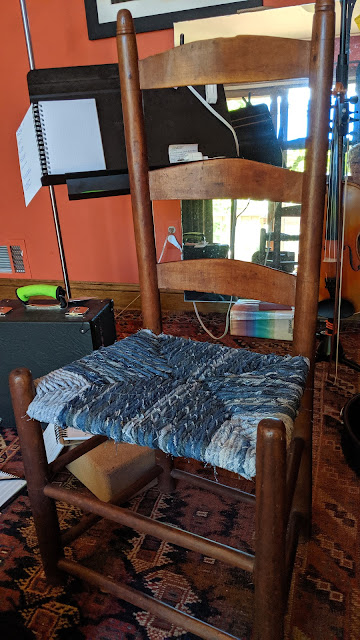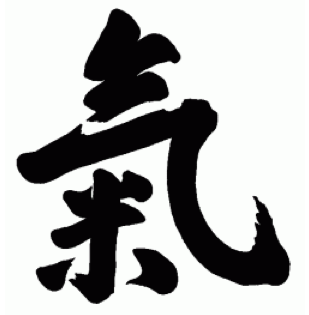What Are Your Three Things?
Over the last few years I've had the privilege of taking several yoga classes with Max Strom. He's a great teacher and I think one reason is his knack for coming up with memorable concepts. One of these is to keep in mind your "Three Things."
Max spoke of a student who he described as "all over the place." This student had trouble focusing, and as a result he was distracted by every external stimulus and seemed unable to listen to verbal cues. Max decided to give him just three things to work on, but they would be three things that would work in every pose. From then on, every time he walked by this student, he'd say, "Remember your three things." This gave the student something that he could grasp to bring his attention back to his own body in the pose. Gradually the student progressed to the point that Max would just have to catch his eye occasionally and hold up three fingers.
Most of us could benefit from introducing this kind of concept into our yoga, meditation, aikido or anything that we practice with heartfelt intention.
In yoga at this point my three things might be:
As a teacher it's great to work with your students in this way. I think it's helpful for any student to identify two or three areas of challenge and address those areas consistently for a few weeks or even months. It can:
Max spoke of a student who he described as "all over the place." This student had trouble focusing, and as a result he was distracted by every external stimulus and seemed unable to listen to verbal cues. Max decided to give him just three things to work on, but they would be three things that would work in every pose. From then on, every time he walked by this student, he'd say, "Remember your three things." This gave the student something that he could grasp to bring his attention back to his own body in the pose. Gradually the student progressed to the point that Max would just have to catch his eye occasionally and hold up three fingers.
Most of us could benefit from introducing this kind of concept into our yoga, meditation, aikido or anything that we practice with heartfelt intention.
In yoga at this point my three things might be:
- Reach the feet into the floor
- Inwardly rotate the legs
- Knit the ribs in
- Come back to your breath
- Relax your shoulders
- Relax your face
- Find your center
- Relax your face
- Keep your ribs up and over
As a teacher it's great to work with your students in this way. I think it's helpful for any student to identify two or three areas of challenge and address those areas consistently for a few weeks or even months. It can:
- Help them filter out or prioritize the many incoming instructions, which can be particularly confusing for a beginner
- Help them develop better internal focus and avoid external distractions
- Foster the idea that they can be their own teachers by giving them something to think about even when you are not there
- Last but not least, give the signal that you're paying attention to them and that you care about their progress




Comments
Post a Comment